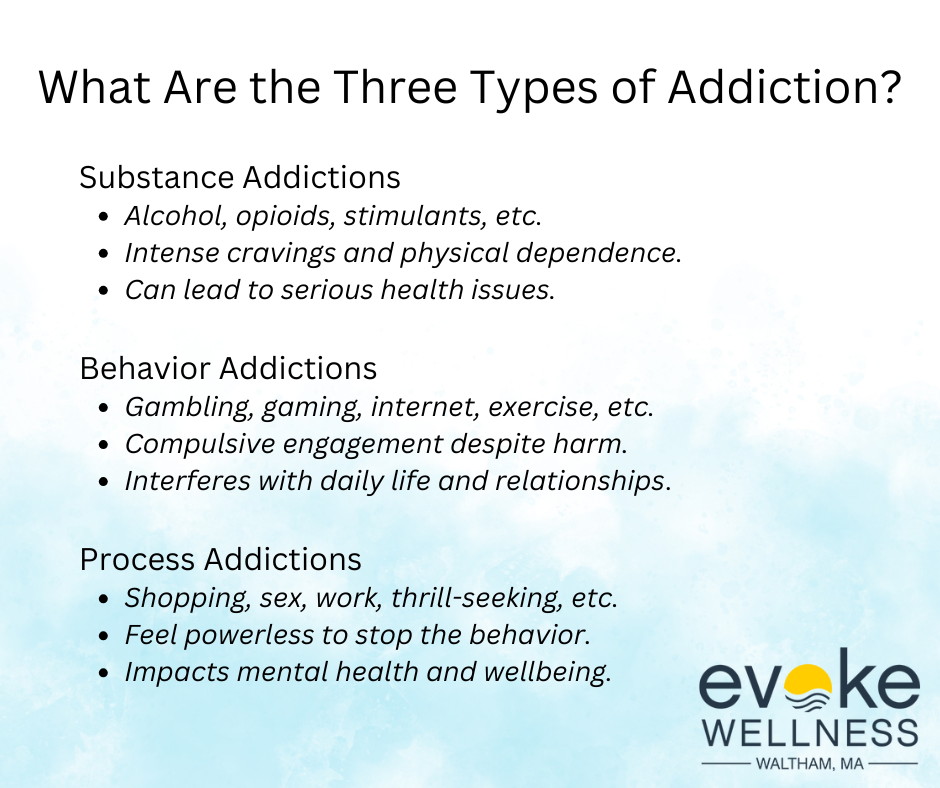Have you ever felt trapped by addiction or mental health challenges? You’re not alone. The path to recovery can seem daunting, but there’s hope. By building resilience through therapy, you can empower yourself to overcome these obstacles. In this article, we’ll explore how treatment approaches like:
- Dual diagnosis care
- Anger management
- Substance abuse counseling
can help you develop the strength and skills needed to reclaim your life. You’ll discover how therapy equips you with coping mechanisms, emotional regulation techniques, and a support network to face life’s challenges head-on. Ready to take the first step towards a healthier, more resilient you? Let’s dive in.
Call us at (833) 287-7223 today or reach out online.
The Dual Diagnosis Approach to Addiction and Mental Health Treatment
Integrated Care
The dual diagnosis approach recognizes the interconnectedness of substance abuse and mental health disorders. It provides integrated treatment addressing both issues simultaneously – a crucial step for lasting recovery.
- Substance abuse and mental illness often co-occur and exacerbate each other
- Treating one without the other leads to higher relapse rates
Comprehensive Treatment Plan
An individualized plan targets the root causes and symptoms through evidence-based therapies. Medication, counseling, and lifestyle changes work together for holistic healing.
- Medications to manage cravings, withdrawal, and mental health symptoms
- Psychotherapy like CBT to develop coping mechanisms
- Support groups build skills to maintain sobriety
Continuum of Care
Recovery is an ongoing journey requiring continuity of care. Long-term support ensures lasting behavioral changes for improved quality of life.
- Initial intensive treatment followed by step-down levels of care
- Regular check-ins to monitor progress and make adjustments
- Family education and therapy for a supportive environment
By simultaneously treating co-occurring disorders, the dual diagnosis model empowers you to break the cycle of addiction and achieve comprehensive wellness.
Anger Management and Addiction Recovery
Unresolved Anger’s Role
- Unresolved anger can be a major trigger for substance abuse and addiction relapse
- It stems from difficulty managing difficult emotions in a healthy way
Therapy for Healthy Coping
- Cognitive-behavioral therapy teaches strategies to recognize and defuse anger before it escalates
- Dialectical behavior therapy provides mindfulness skills to tolerate distress without self-destructive behaviors
A Dual Approach
- For those with co-occurring substance use and anger issues, an integrated treatment plan is crucial
- Addressing the root causes and developing alternative coping mechanisms supports lasting recovery
What Are the Three Types of Addiction?
Substance Addictions
- Alcohol, opioids, stimulants, etc.
- Intense cravings and physical dependence.
- Can lead to serious health issues.
Behavioral Addictions
- Gambling, gaming, internet, exercise, etc.
- Compulsive engagement despite harm.
- Interferes with daily life and relationships.
Process Addictions
- Shopping, sex, work, thrill-seeking, etc.
- Feel powerless to stop the behavior.
- Impacts mental health and wellbeing.
Addictions involve compulsive patterns that are difficult to control. While the focus differs, all forms disrupt healthy functioning and require comprehensive treatment. Understanding the type empowers more tailored, effective recovery strategies.
How to Quit Any Addiction
Understand the Triggers
Quitting an addiction starts with identifying the root causes and triggers that drive the compulsive behavior. Cravings and urges often stem from underlying emotional issues, stress, or unhealthy thought patterns.
Build a Support System
Having a strong support network is crucial for recovery. Surround yourself with understanding friends, family, or join a support group where you can share experiences and find accountability partners.
Develop Healthy Habits
Replacing addictive behaviors with positive activities is key. Explore new hobbies, exercise regularly, practice mindfulness, and establish a balanced routine to promote overall well-being.
Seek Professional Help
For severe addictions, seeking guidance from licensed therapists, counselors, or treatment programs can provide the tools and strategies needed for a successful recovery journey. Cognitive-behavioral therapy and medication-assisted treatment may be recommended.
Celebrate Progress
Recovery is a process with ups and downs. Celebrate small victories along the way and practice self-compassion when setbacks occur. Remain committed to your goals and trust the process.
What Are 3 Signs of Addiction?
Inability to Control Use
- You can’t seem to cut back or quit, despite repeated attempts. Using the substance or engaging in the addictive behavior feels out of your control.
Continued Use Despite Consequences
- You keep using, even when it’s causing major problems in your life – harming relationships, job performance, health, finances, etc. The addiction takes priority over other important areas.
Increased Tolerance and Withdrawal
- You need more and more of the substance or behavior to get the desired effect (tolerance builds up). When use is decreased or stopped, unpleasant withdrawal symptoms set in.
The signs above often indicate addiction has taken hold. While not an exhaustive list, they point to a compulsive, dysfunctional pattern that is difficult to overcome alone. Professional treatment gives you tools to regain control and build resilience.
What is Defined as an Addiction?
The Clinical Definition
According to the American Psychological Association, addiction is a chronic disorder with biological, psychological, social and environmental factors influencing its development and maintenance. It is characterized by:
- Impaired control over cravings, urges, or preoccupation to use substances or engage in behaviors despite harmful consequences.
- Diminished recognition of significant problems with one’s behaviors and interpersonal relationships.
- A dysfunctional emotional response and inability to deal with stress or negative emotions without turning to the addictive behavior.
Loss of Control
At its core, addiction involves compulsive engagement with rewarding stimuli despite adverse consequences. This loss of control is a key factor separating an addiction from merely overindulgent habits or lifestyle choices. Some key signs include:
- Failed attempts to cut down or control the addictive behavior.
- Increased tolerance requiring more of the stimulus to achieve the desired effect.
- Withdrawal symptoms when stopping, driving the compulsive cycle.
The specific stimuli associated with addictive behaviors can vary widely – from substances like drugs or alcohol to behaviors like gambling, sex, video gaming, and more. But the underlying loss of control defines it as a true addiction.
Conclusion
In conclusion, building resilience is a crucial component of recovery from addiction and mental health challenges. Through therapy and targeted treatments, you can develop the skills and mindset needed to overcome obstacles and maintain long-term wellness. Remember:
- Dual diagnosis treatment addresses both substance abuse and mental health issues
- Anger management techniques help regulate emotions
- Substance abuse treatment provides tools to maintain sobriety
By embracing these approaches, you empower yourself to face life’s challenges with confidence and strength. Your journey to recovery is unique, but with persistence and support, you can build the resilience needed to thrive. Take the first step today and unlock your potential for a healthier, more fulfilling life.
Begin Your Journey with Evoke Wellness at Waltham
If you or a loved one is considering outpatient treatment, Evoke Wellness at Waltham invites you to contact us. Our compassionate team is ready to answer your questions, discuss your needs, and help you take the first steps toward recovery. At Evoke Wellness, you will find more than just a treatment program – you’ll discover a community dedicated to your wellness and success. Together, let’s embrace the journey to recovery and the promise of a new beginning. Call us at (833) 287-7223 today or reach out online.



